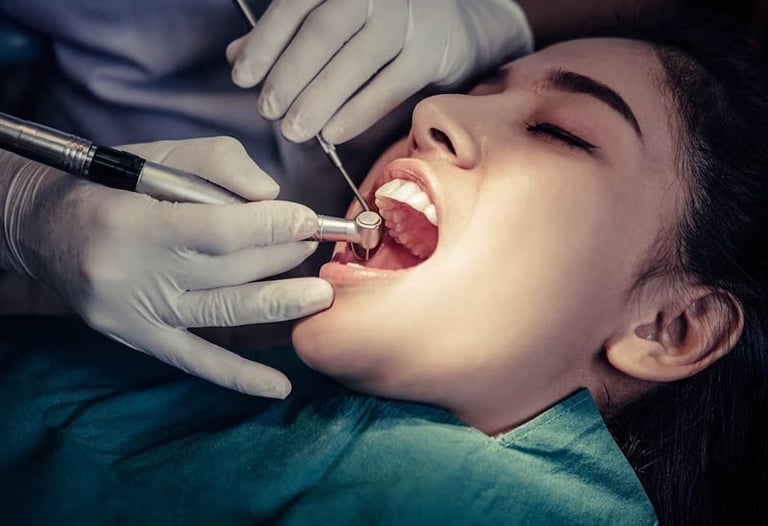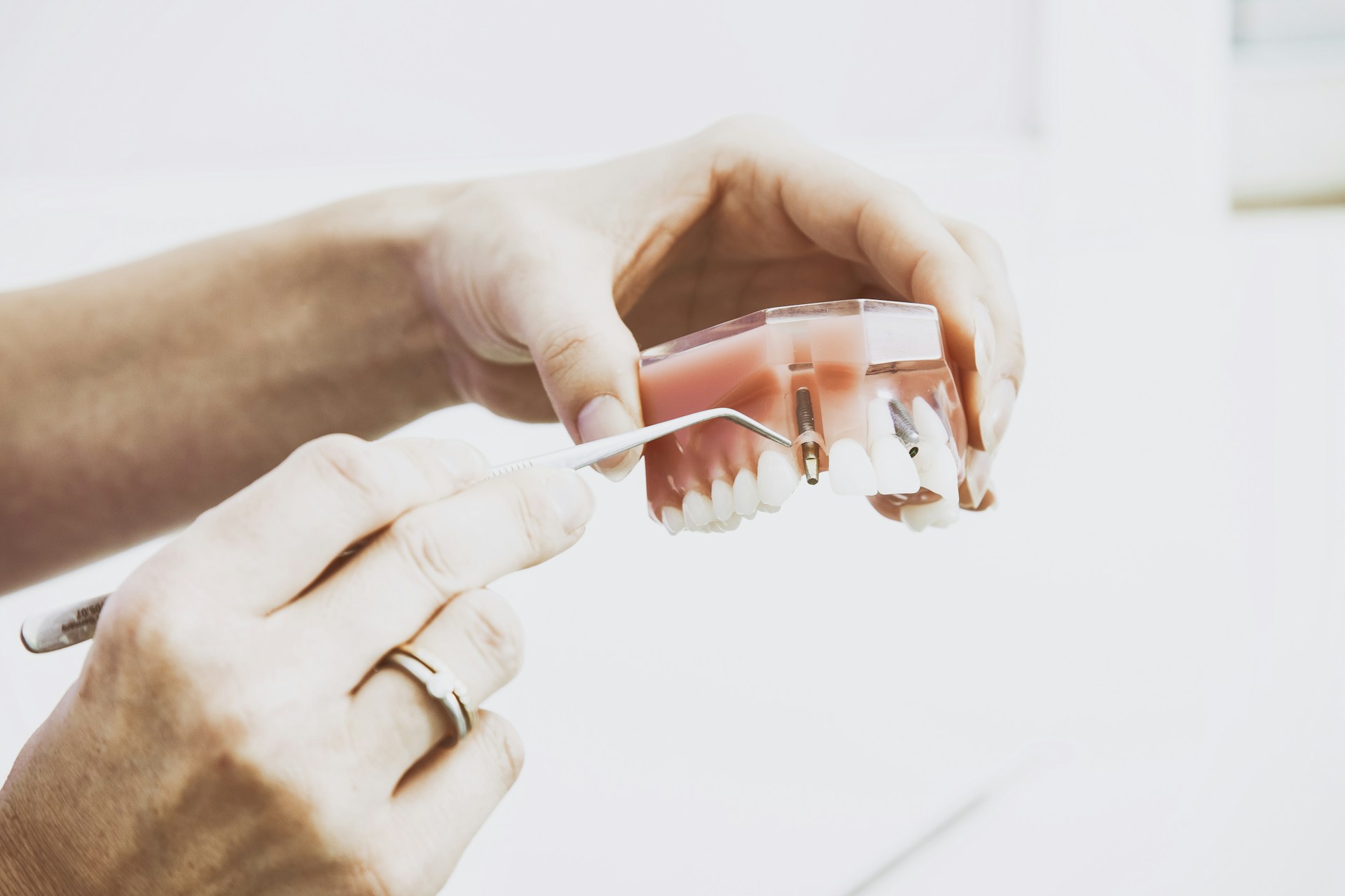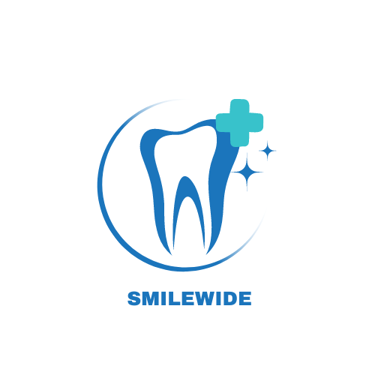SMILE- It costs nothing !!!
Comprehensive Guide to Preventing Dental Plaque
1/22/2024


Dental Plaque
Picture this: a microscopic community thriving in the nooks and crannies of your teeth, orchestrating a silent symphony that could have a significant impact on your overall health.
Yes, we're talking about dental plaque – a seemingly harmless film that has the potential to wreak havoc on your oral hygiene if left unchecked.
In this blog, we go in detail about dental plaque. What is it exactly? How does it form? And, more importantly, why should you care about it?
Join us as we demystify the science behind dental plaque, explore its consequences on oral health, and discover the preventive measures that can keep your teeth shining and your overall well-being intact.
Dental plaque : Formation
Dental plaque is a sticky, colorless film that forms on the teeth and along the gumline.
It is primarily composed of bacteria, saliva, food particles, and other substances present in the mouth.
Plaque formation begins shortly after eating or drinking, as bacteria in the mouth combine with saliva and food to create a biofilm on the teeth.
The bacteria present in plaque produce acids that attack the tooth enamel, leading to tooth decay and cavities.
If not removed, plaque can harden and turn into tartar or calculus, which requires professional dental cleaning to remove.
Harmful Effects of Dental Plaque on Oral Health
Dental plaque is harmful to oral health in several ways:
Tooth Decay: The acids produced by plaque bacteria can erode the tooth enamel, leading to cavities and tooth decay.
Related : Understanding Tooth Decay
Gum Disease: Plaque buildup along the gumline can cause inflammation and irritation, leading to gingivitis and eventually periodontal disease if left untreated.
Bad Breath: The bacteria in plaque release foul-smelling gases, contributing to persistent bad breath.
Tartar Formation: If plaque is not removed through regular brushing and flossing, it can harden into tartar, which can only be removed by a dental professional.
Tooth Discoloration: Plaque can cause teeth to become yellow or stained, affecting the appearance of the smile.
Management of Dental Plaque by Dentists
Dentists play a crucial role in managing dental plaque and preventing its harmful effects. Here are some common approaches dentists use:
Professional Dental Cleaning: Dentists and dental hygienists use specialized tools to remove plaque and tartar from the teeth and gumline.
This process, known as scaling and root planing, helps prevent tooth decay and gum disease.
Fluoride Treatment: Dentists may recommend fluoride treatments to strengthen tooth enamel and make it more resistant to acid attacks from plaque bacteria.
Dental Sealants: In some cases, dentists may apply dental sealants to the chewing surfaces of the back teeth to create a protective barrier against plaque and bacteria.
Related : How are sealants used
Education and Oral Hygiene Instructions: Dentists provide guidance on proper oral hygiene practices, including brushing techniques, flossing, and the use of antimicrobial mouthwashes.
Regular Check-ups: Dentists recommend regular dental check-ups to monitor plaque buildup, detect early signs of oral health issues, and provide necessary treatments.
Prevention of Dental Plaque Formation
Preventing dental plaque formation is essential for maintaining good oral health. Here are some effective preventive measures:
Brushing Twice a Day: Brush your teeth thoroughly twice a day using a fluoride toothpaste. Pay special attention to all tooth surfaces and the gumline.
Flossing Daily: Floss between your teeth daily to remove plaque and food particles from areas that a toothbrush cannot reach.
Maintain a Healthy Diet: Limit sugary and acidic foods and beverages, as they contribute to plaque formation. Instead, opt for a balanced diet rich in fruits, vegetables, and whole grains.
Use Antimicrobial Mouthwash: Rinse your mouth with an antimicrobial mouthwash to reduce plaque-causing bacteria.
Quit Smoking: Smoking increases the risk of plaque buildup and gum disease. Quitting smoking can significantly improve oral health.
Regular Dental Check-ups: Visit your dentist regularly for professional cleanings and check-ups to detect and address any plaque buildup or oral health issues.
Related : How to choose a right toothbrush
By following these preventive measures and maintaining good oral hygiene practices, you can significantly reduce the formation of dental plaque and protect your oral health.
Remember, dental plaque is an ongoing concern, and its management requires consistent effort and professional guidance.


Contact Smiles
drdeepi15@gmail.com
Dr. Deepika B.D.S
© 2025 SmileWide Dental. All Rights Reserved.
Have doubts ..?
